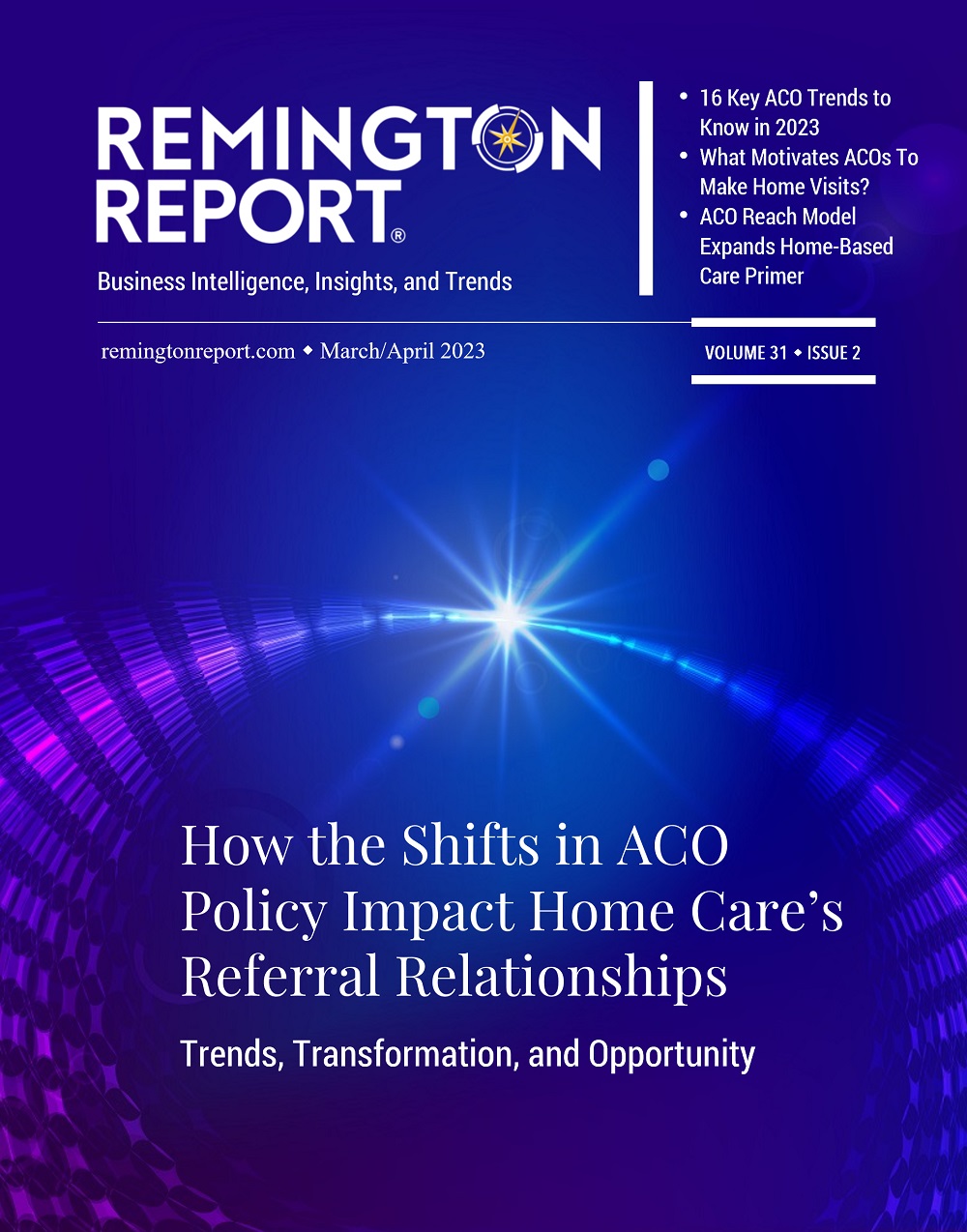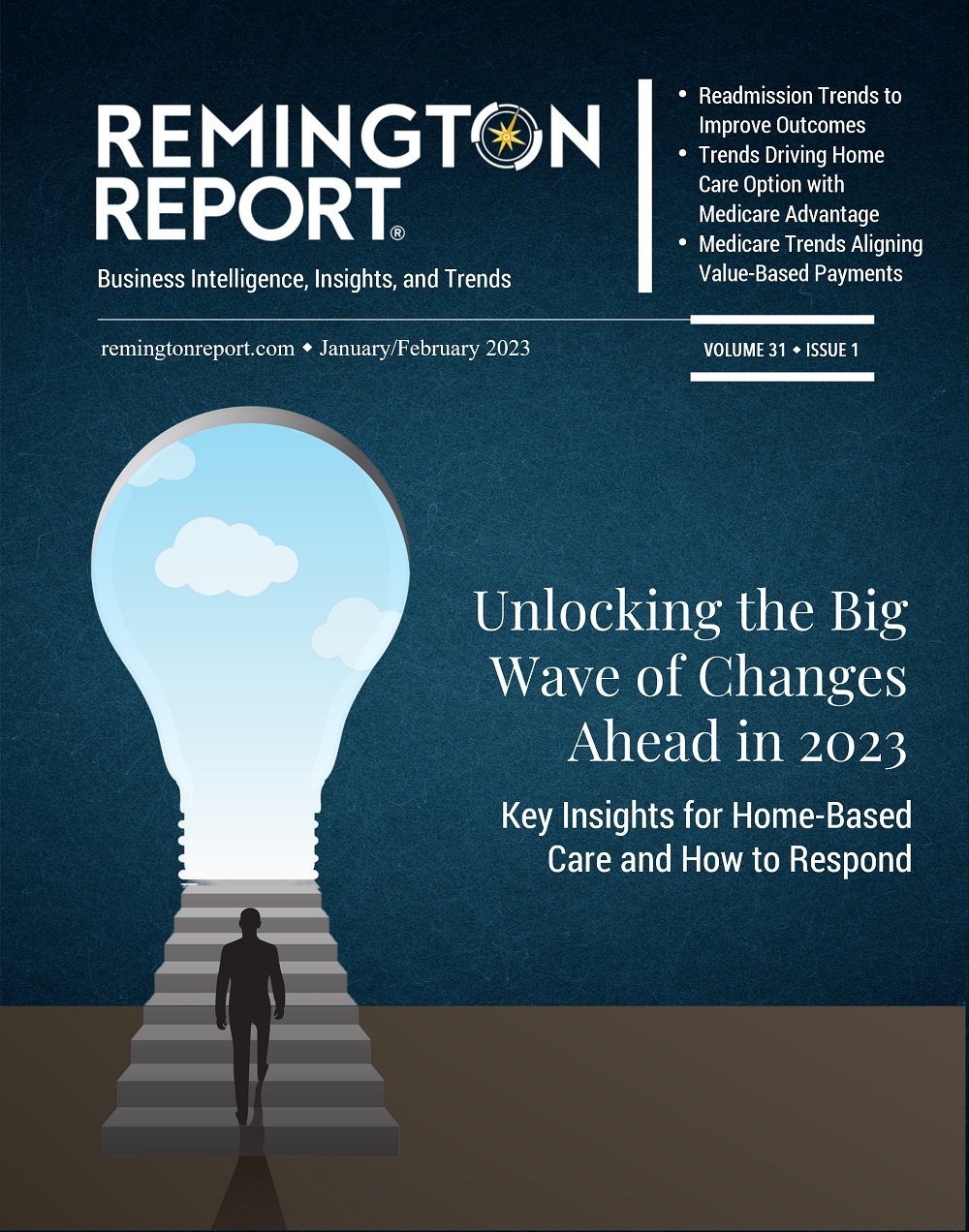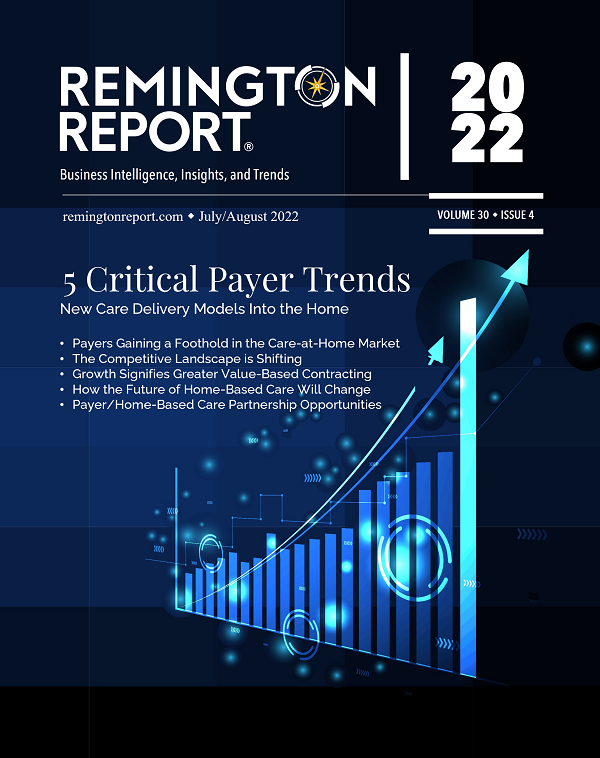INTERACTIVE FEATURES: When viewing this article on an electronic device, note that web addresses are live links. Just click the link to visit that web page.
Click for instructions for moving the PDF into Kindle, Nook, Apple iBooks, and Apple Library.
CMS has released proposed policy changes for 2021 Medicare payments rates under its annual Physician Fee Schedule. It includes an expanded Medicare list of services. Services added include more complex visits that allow offices to bill for more advanced office/outpatient evaluation and management codes, prolonged services, group psychotherapy, neurobehavioral status exam, care planning for patients with cognitive impairment, and home visits.
The proposed Physician Fee Schedule rule also clarifies payment policies for remote patient monitoring services (RPM). The rule clarifies that RPM services are considered to be evaluation and management (E/M) services and that only eligible physicians and nurse practitioners may bill RPM services.
CMS also clarified certain provisions around remote patient monitoring. Following the public health emergency, providers will have to have an established relationship with a patient to provide RPM.
Highlights
- President Donald Trump signed an executive order directing the administration to permanently extend Medicare’s broader telehealth coverage after the public health emergency, and CMS followed by proposing a rule that is on a service-by-service basis.
- The proposed changes, in its 2021 physician fee schedule, would allow Medicare providers to conduct evaluation and management (E/M) home visits for established patients virtually, allow an emergency room E/M virtual visit for minor to moderately severe health issues and expand some telehealth services similar to telehealth services already covered by Medicare, like for group psychotherapy or care for patients with cognitive impairment. Nine new telehealth codes will be permanent, and 13 will be covered through the calendar year in which the public health emergency ends, to give physicians a chance to deliver services virtually before CMS decides whether or not to permanently allow them.
- Notable exclusions are payment for audio-only telehealth visits conducted over the telephone, though CMS noted consumer demand could remain as Medicare beneficiaries, of which an estimated 40% don’t have access to a computer with internet, look to receive care while avoiding potential infection.
Telehealth
CMS proposed adding several services to the Medicare telehealth services list during the public health emergency for the COVID-19 pandemic, including home visits for established patients and psychological and neuropsychological testing. The department also proposed adding the following services to the list of Medicare telehealth services on a Category 1 basis, meaning the services are similar to those already on the list:
- Visit complexity associated with certain office/outpatient evaluation and management
- Prolonged services
- Group psychotherapy
- Neurobehavioral status exam
- Care planning for patients with cognitive impairment
- Domiciliary, rest home or custodial care services
- Home visits
Service: Home Visits
HCPCS Code 99347
Home visit for the evaluation and management of an established patient, which requires at least 2 of these 3 key components:
- A problem-focused interval history;
- A problem focused examination;
- Straightforward medical decision making.
- Counseling and/or coordination of care with other physicians, other qualified health care professionals, or agencies are provided consistent with the nature of the problem(s) and the patient’s and/or family’s needs. Usually, the presenting problem(s) are self-limited or minor.
Typically, 15 minutes are spent face-to-face with the patient and/or family.
Service: Home Visits
HCPCS Code 99348
Home visit for the evaluation and management of an established patient, which requires at least 2 of these 3 components:
- An expanded problem focused interval history;
- An expanded problem focused examination;
- Medical decision making of low complexity.
- Counseling and/or coordination of care with other physicians, other qualified health care professionals, or agencies are provided consistent with the nature of the problem(s) and the patient’s and/or family’s needs. Usually, the presenting problem(s) are of low to moderate severity.
Typically, 25 minutes are spent face-to-face with the patient and/or family.
Service: Care Planning for Patients with Cognitive Impairment
HCPCS Code 99483
Assessment of and care planning for a patient with cognitive impairment, requiring an independent historian, in the office or other outpatient, home or domiciliary or rest home, with all of the following required elements:
- Cognition-focused evaluation including a pertinent history and examination;
- Medical decision making of moderate or high complexity;
- Functional assessment (eg, basic and instrumental activities of daily living), including decision-making capacity;
- Use of standardized instruments for staging of dementia (eg, functional assessment staging test [FAST], clinical dementia rating [CDR]);
- Medication reconciliation and review for high-risk medications;
- Evaluation for neuropsychiatric and behavioral symptoms, including depression, including use of standardized screening instrument(s);
- Evaluation of safety (eg, home), including motor vehicle operation;
- Identification of caregiver(s), caregiver knowledge, caregiver needs, social supports, and the willingness of caregiver to take on caregiving tasks;
- Development, updating or revision, or review of an Advance Care Plan;
- Creation of a written care plan, including initial plans to address any neuropsychiatric symptoms, neuro-cognitive symptoms, functional limitations, and referral to community resources as needed (eg, rehabilitation services, adult day programs, support groups) shared with the patient and/or caregiver with initial education and support.
Typically, 50 minutes are spent face-to-face with the patient and/or family or caregiver.
Noteworthy
Communications Technology-Based Services (CTBS). CMS is proposing to expand the list of providers able to bill for telehealth services through HCPCS codes G2061-G2063 to include licensed clinical social workers, clinical psychologists, physical and occupational therapists, and speech language pathologists who bill Medicare directly for their services. This would make permanent coverage now allowed under an emergency waiver.
Telehealth Usage
- In the week ended March 7, only 11,000 elderly and disabled Americans in Medicare used telehealth. By the week ended April 25, that had snowballed to 1.7 million Medicare beneficiaries.
- Massachusetts, Rhode Island, Connecticut, and New York saw the strongest growth in telehealth primary care visits after the emergency declaration.
- More rural states Iowa, South Dakota, and Oklahoma saw a one-third jump in primary care telehealth visits in April.
- The state with the lowest telehealth adoption, Nebraska, saw virtual care grow to account for up to 22% of all primary care visits.

Lisa Remington is widely recognized as one of the foremost futurists in the home care industry, focusing on healthcare trends and disruptive innovation. She serves as the president and publisher of the Remington Report magazine and is also the President of Remington’s Think Tank Strategy Institute. Lisa provides strategic advice and education to over 10,000 organizations, assisting them in developing transformative strategies for growth and their future implications. She closely monitors complex trends and forces of change to develop effective strategic approaches.









